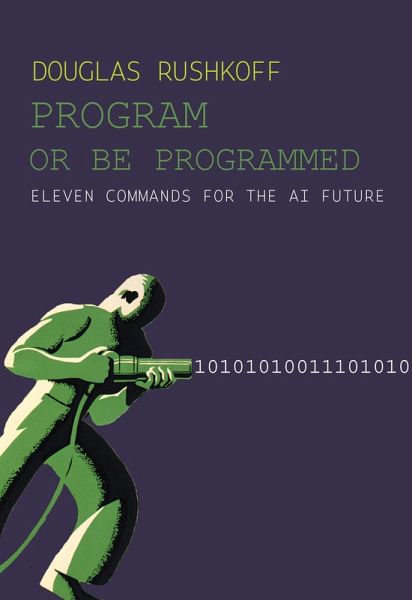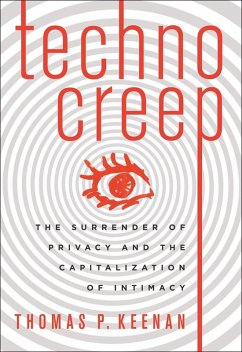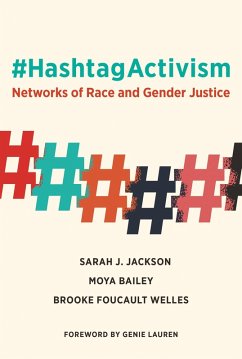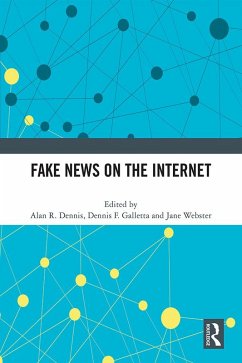
Program Or Be Programmed (eBook, ePUB)
Eleven Commands for the AI Future
Illustrator: Purvis, Leland

PAYBACK Punkte
3 °P sammeln!
A deep dive into one of this century's most potent questions: do we direct technology, or do we let ourselves be directed by it?
This compact new edition of a paradigmatic text packs a big and actionable punch. Updated with a new section on the unique challenges posed by AI, Program or Be Programmed presents a spirited, accessible poetics of new media. On these pages (and screens), Rushkoff picks up where Marshall McLuhan left off, helping readers recognize programming as the new literacy of the digital age.
The debate over whether the internet is good or bad for us fills the airwaves ...
A deep dive into one of this century's most potent questions: do we direct technology, or do we let ourselves be directed by it?
This compact new edition of a paradigmatic text packs a big and actionable punch. Updated with a new section on the unique challenges posed by AI, Program or Be Programmed presents a spirited, accessible poetics of new media. On these pages (and screens), Rushkoff picks up where Marshall McLuhan left off, helping readers recognize programming as the new literacy of the digital age.
The debate over whether the internet is good or bad for us fills the airwaves and the blogosphere. But for all the heat of claim and counter-claim, the argument is essentially beside the point: it's here; it's everywhere. The real question is, do we direct technology, or do we let ourselves be directed by it and those who have mastered it? Choose the former, writes Rushkoff, and you gain access to the control panel of civilization. Choose the latter, and it could be the last real choice you get to make. In eleven commands, Rushkoff provides cyberenthusiasts and technophobes alike with the guidelines to navigate this new universe.
This compact new edition of a paradigmatic text packs a big and actionable punch. Updated with a new section on the unique challenges posed by AI, Program or Be Programmed presents a spirited, accessible poetics of new media. On these pages (and screens), Rushkoff picks up where Marshall McLuhan left off, helping readers recognize programming as the new literacy of the digital age.
The debate over whether the internet is good or bad for us fills the airwaves and the blogosphere. But for all the heat of claim and counter-claim, the argument is essentially beside the point: it's here; it's everywhere. The real question is, do we direct technology, or do we let ourselves be directed by it and those who have mastered it? Choose the former, writes Rushkoff, and you gain access to the control panel of civilization. Choose the latter, and it could be the last real choice you get to make. In eleven commands, Rushkoff provides cyberenthusiasts and technophobes alike with the guidelines to navigate this new universe.
Dieser Download kann aus rechtlichen Gründen nur mit Rechnungsadresse in A, D ausgeliefert werden.













